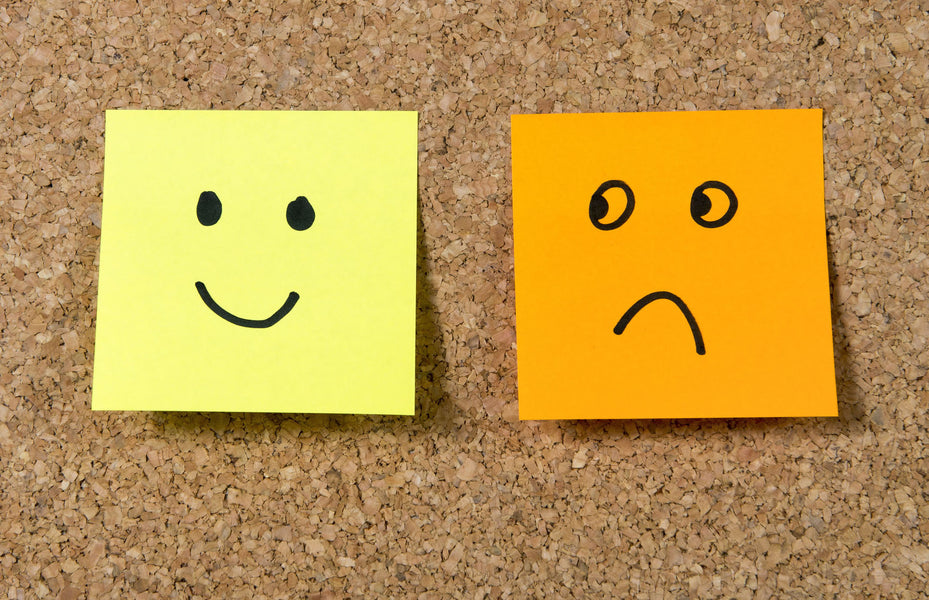
Some time towards the end of July my husband, Jules and I will become parents for the second time. As I pass the half way mark of my pregnancy, friends and family can’t help but notice my emerging bump and enthusiastically congratulate us and ask whether I’m excited. The moment where I pause before I respond is always a little awkward.
Of course, I am utterly overjoyed to be having another baby. Along with marrying Jules, my son Theodore coming along is the best thing that ever happened in my life. My kind and adventurous little boy is going to be an amazing big brother. Our whole family is very happy to be welcoming the new arrival. But while I know that many people thrive as the parent of a newborn, to be honest, there are some aspects I’m dreading. The labor (Theo’s arrival was the hardest thing I’ve ever done in my life), the inevitable sleep deprivation (I didn’t start sleeping properly until Theo was past nine months old), and the feeling of being on call 24/7 for months on end.
Regular readers of this blog will know I write a lot about positive emotions because the research on positivity and health is compelling. Data collected from 142 different countries showed that positive emotions were stronger than the relative impact of hunger, homelessness and dangerous circumstances in predicting better health. So you might assume that I’m a complete devotee to the positive thinking movement. But my message is far from being that thinking on the bright side can cure all our woes because accompanying the evidence showing that positive emotions are correlated with a better chance of staying healthy if you are well, there are other studies showing that positive emotions make no difference to outcomes for people who are already sick. In fact, there’s evidence to suggest that people with end stage disease and diseases from which they are likely to die quickly, may be harmed by high levels of positivity.
The reason for these slightly confusing findings is that emotions research is highly complex. Researchers think that highly positive, sick people might make a conscious choice to live out the rest of their lives without the pain and invasiveness of medical treatments and therefore die sooner. It may also be that ill people who are highly positive underreport their symptoms, or are overoptimistic and don’t follow recommended medical advice. Another consideration is that the physiological health benefits that may be gained by boosting positive emotions like love, joy and inspiration, may simply not be powerful enough for people who are gravely ill.
Regardless of why there is a downside to positivity, we also cannot ignore the fact that a temporary, slightly negative mood can be a good thing. I’ve written before about how stress can be healthy for you and there’s a compelling body of research by Joseph Forgas, a Professor of Psychology at the University of New South Wales which shows that negativity can make us less prone to judgmental errors, better at remembering details, more polite and more persuasive. In fact, leading researchers believe that even a ‘healthy neuroticism’ can be a good thing if it makes us more vigilant about our health.
Think about it this way; you need a touch of anxiety if you’re facing peak hour traffic, otherwise you’d be blind to the potential dangers lurking in the behavior of your fellow drivers. If a schoolyard bully is threatening your kids, a swelling of anger will motivate you to take action (hopefully appropriately). Feeling frustrated or inadequate at work may be exactly what you need to get motivated to step up. When you feel the guilt that comes with failing to recognise a friend in need, or binging on unhealthy food, or doing anything that goes against your own moral code, it’s a signal that something is wrong and needs your attention. When it comes to good health, a touch of worry may well be the push you need to go for regular checkups and take your medication.
When I spoke to a midwife recently about some of the experiences I had after the birth of Theo (traumatic labor, difficulty breast feeding, long term sleep deprivation among other things) she responded by saying that I was a classic candidate to get postnatal depression. I didn’t come close to feeling depressed and I think it’s because one of the side benefits from having been on my autoimmune disease journey is that I’ve come across the tools and resources to deal with the challenges that life throws at me. With all this in mind Jules and I are in the midst of making our battle plan for when our new baby arrives. We know what we’re in for this time, and we’re setting in motion strategic steps to cope. This is what I call healthy negativity.
*** Further reading: The Upside of Your Dark Side by psychologists Tod Kashdan and Robert Biswas-Diener





 My Year of Living Mindfully (DVD)
My Year of Living Mindfully (DVD) The Connection (DOWNLOAD-TO-OWN)
The Connection (DOWNLOAD-TO-OWN) My Year Of Living Mindfully - Book
My Year Of Living Mindfully - Book




